As part of the action plan for the Working Group on Greener and Climate Resilient Cities and following the results of the BAMM (Barcelona Academy for Mediterranean Municipalities), on November 20th, 2024, MedCities organized the first webinar for the Working Group composed of 23 members, focusing on urban cooling strategies to enhance heat resilience in Mediterranean cities.
Supported by the Ajuntament de Barcelona, the event brought together municipal representatives and urban resilience experts to explore innovative solutions to mitigate the impacts of rising temperatures.
Webinar Overview
The session began with an introduction to the critical challenges faced by Mediterranean cities, including rising temperatures, altered precipitation patterns, and increased vulnerability to extreme weather.
The webinar included presentations of four case studies:

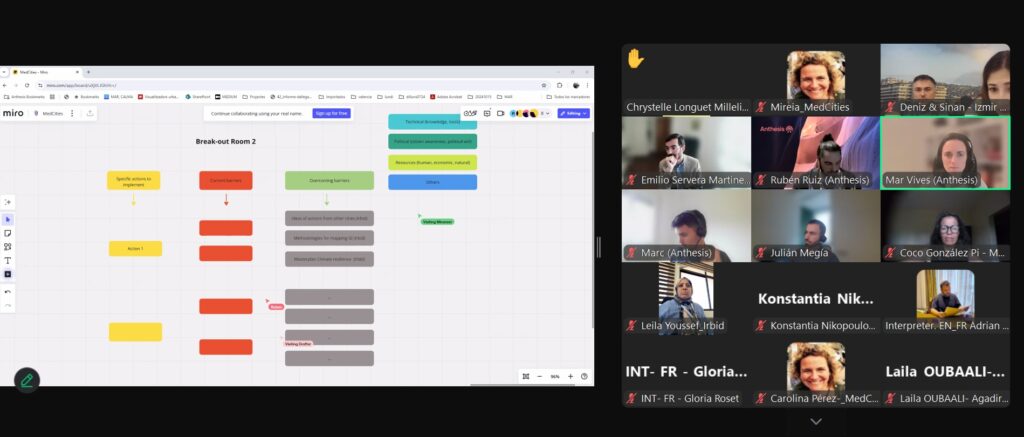
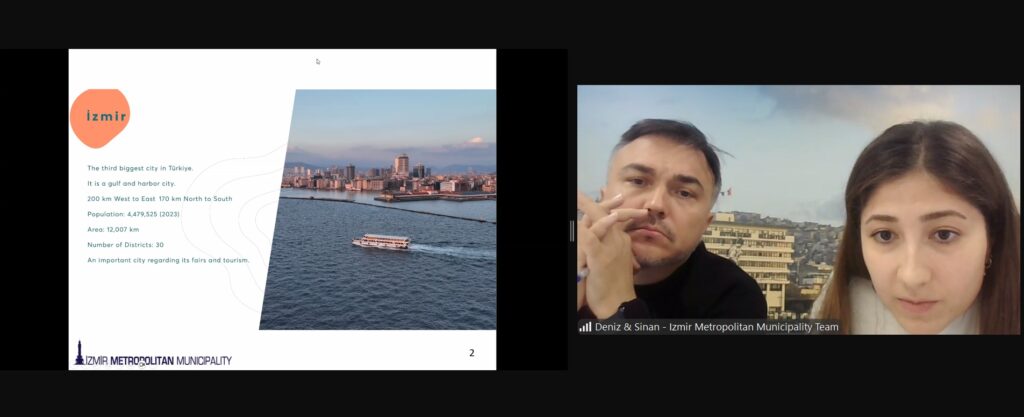
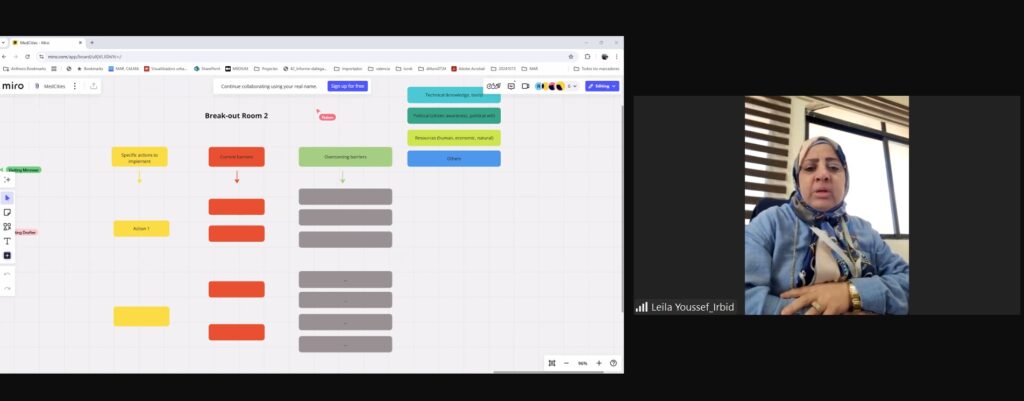
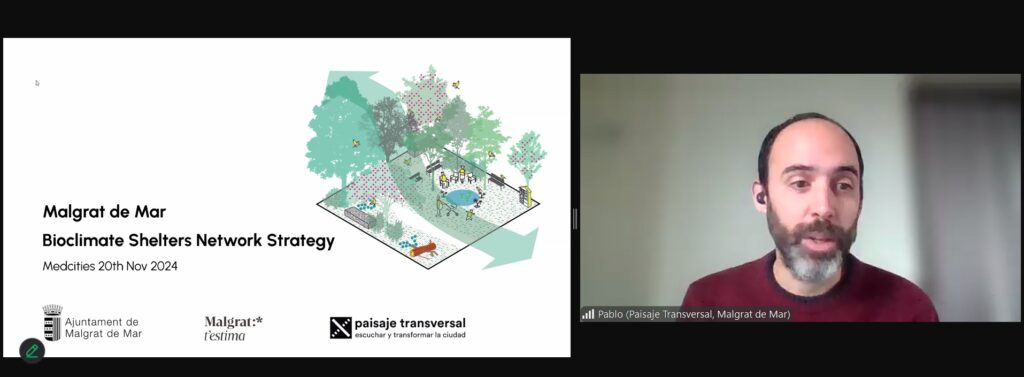
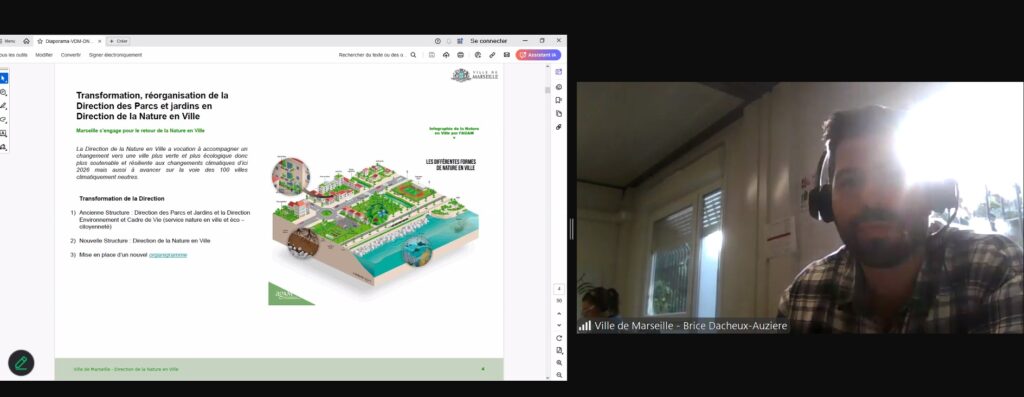
Insights from Group Discussions
The webinar used virtual tools to exchange ideas and identify actionable strategies and potential barriers for the implementation. Participants highlighted challenges such as:
Proposed solutions included:
The discussions provided valuable inputs for shaping the 2025 Work Plan for the Working Group.
Key Takeaways
The webinar underscored the importance of nature-based solutions and urban cooling strategies to combat rising temperatures in Mediterranean cities.
Lessons learned include:
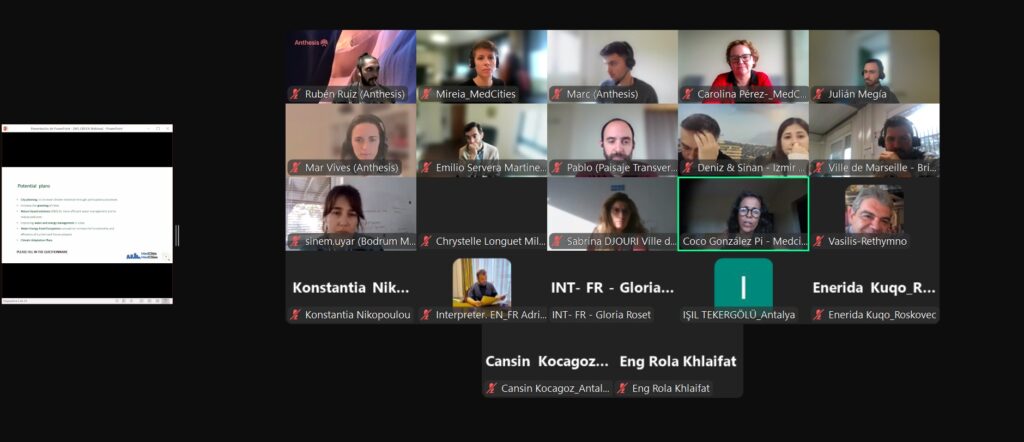
The insights gathered will be combined with data from the BAMM Academy and WG questionnaires to develop MedCities’ 2025 action plan. A second webinar for the WG, scheduled for 18th December 2024, will focus on the WEFE approach and complement efforts to improve strategies for enhancing resilience to heat, addressing the WEFE nexus, and tackling other climate-related challenges in the Mediterranean.
Subscribe to the monthly newsletter to receive the latest news.

Nam porttitor blandit accumsan. Ut vel dictum sem, a pretium dui. In malesuada enim in dolor euismod
Nam porttitor blandit accumsan. Ut vel dictum sem, a pretium dui. In malesuada enim in dolor euismod

Nam porttitor blandit accumsan. Ut vel dictum sem, a pretium dui. In malesuada enim in dolor euismod

Nam porttitor blandit accumsan. Ut vel dictum sem, a pretium dui. In malesuada enim in dolor euismod
Nam porttitor blandit accumsan. Ut vel dictum sem, a pretium dui. In malesuada enim in dolor euismod

Nam porttitor blandit accumsan. Ut vel dictum sem, a pretium dui. In malesuada enim in dolor euismod